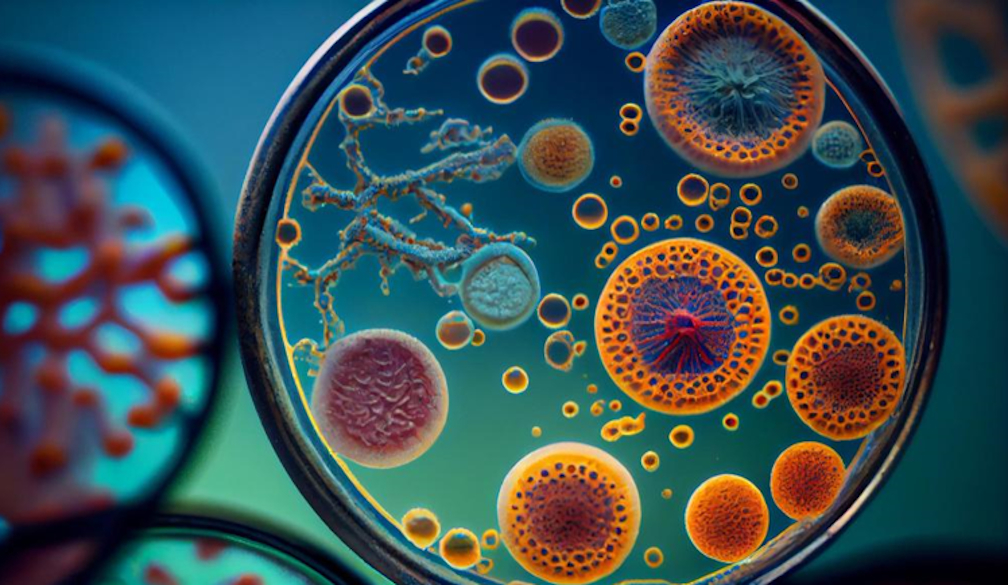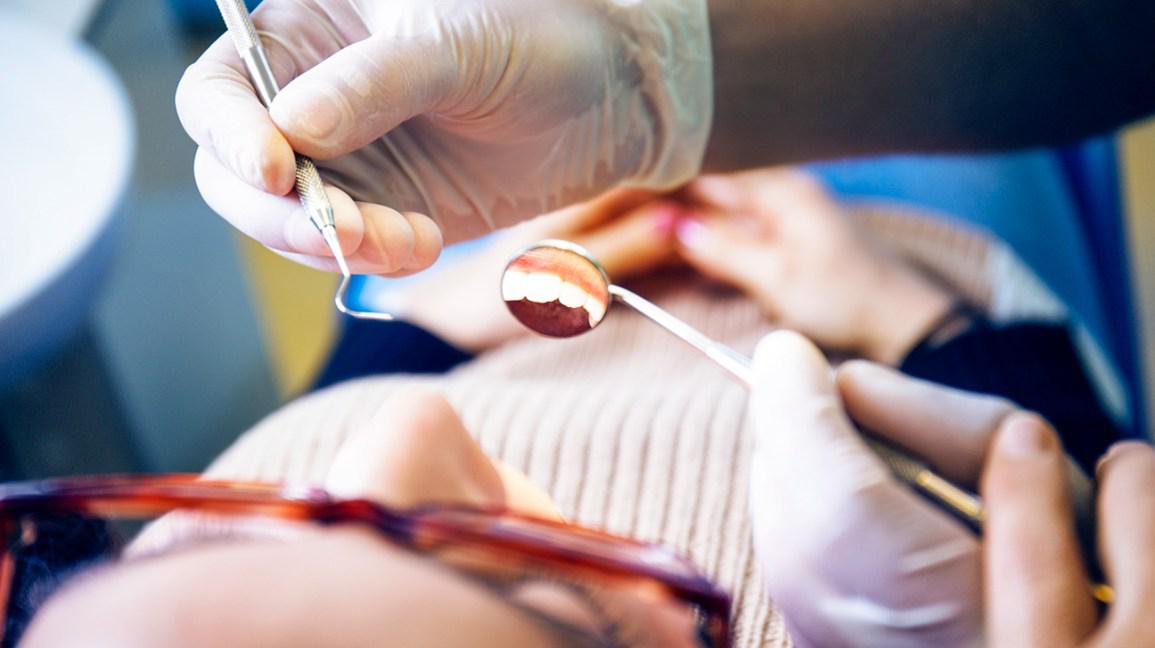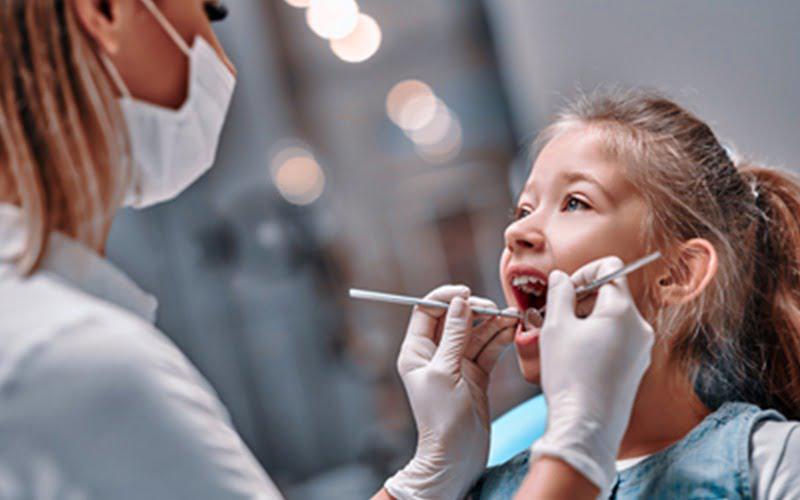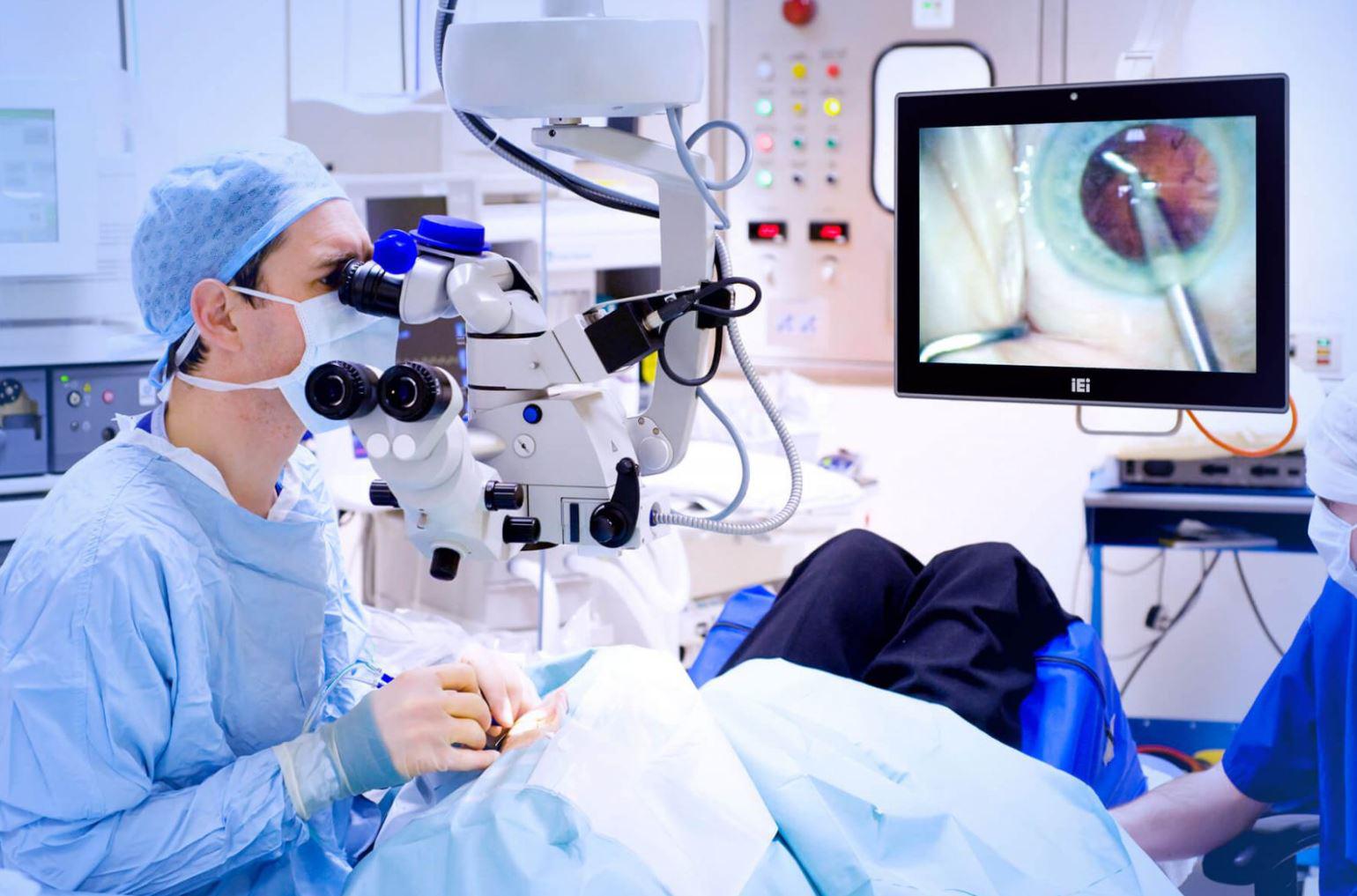Why is rat control important for health and safety?
- Written by Daily Sun

Rat pest control is crucial for maintaining health and safety in both residential and commercial settings These pests are not only a nuisance but also pose significant risks to human health, property, and the environment. Here’s why effective rat control is essential and what steps you can take to protect your surroundings.
1. Health Risks
a. Disease Transmission
Rats are notorious carriers of various diseases that can be transmitted to humans. These include:
- Leptospirosis: This bacterial infection can cause severe health problems, including liver and kidney damage.
- Hantavirus: A potentially fatal respiratory disease that can be contracted through contact with rat droppings, urine, or saliva.
- Salmonella: This bacteria can cause food poisoning and is often spread through contaminated food or surfaces.
- Rat-bite Fever: This disease can be transmitted through bites or scratches from infected rats or through contact with contaminated water or food.
b. Allergies and Asthma
Rats can exacerbate allergies and asthma in sensitive individuals. Their droppings, urine, and dander can become airborne, triggering allergic reactions and respiratory issues.
2. Safety Hazards
a. Structural Damage
Rats have strong teeth that can gnaw through a variety of materials, including wood, plastic, and even lead pipes. This gnawing behavior can cause significant structural damage to buildings, leading to costly repairs.
b. Electrical Fires
Rats are known to chew on electrical wiring, which can result in short circuits and potentially cause fires. This poses a severe risk to both property and human life.
3. Economic Impact
a. Damage to Property and Goods
Rats can cause extensive damage to property, including insulation, drywall, and personal belongings. In commercial settings, they can damage inventory, leading to financial losses.
b. Food Contamination
In the food industry pest control world, rat infestations can lead to significant economic losses due to contaminated products. This can result in recalls, legal issues, and damage to a company’s reputation.
4. Environmental Concerns
a. Ecological Balance
Rats are invasive species that can disrupt local ecosystems. They prey on native wildlife, compete for resources, and can cause declines in native species populations.
b. Waste and Pollution
Rats contribute to environmental pollution through their droppings and urine, which can contaminate soil and water sources. This pollution can have far-reaching effects on both human and animal populations.
5. Preventive Measures
a. Sanitation
Maintaining a clean environment is the first step in preventing rat infestations. Ensure that garbage is properly stored in sealed containers and that food waste is promptly disposed of. Regularly clean areas where food is prepared and consumed to remove potential food sources for rats.
b. Sealing Entry Points
Rats can enter buildings through very small openings. Inspect your property for gaps, cracks, and holes, and seal them with durable materials such as steel wool or metal sheeting. Pay special attention to areas around pipes, vents, and utility lines.
c. Proper Storage
Store food and pet food in airtight containers to prevent access by rats. In commercial settings, ensure that inventory is stored off the ground and away from walls to reduce hiding places.
d. Traps and Baits
Use traps and baits as part of your rat control strategy. There are various types of traps available, including snap traps, glue traps, and electronic traps. Bait stations can be effective but should be used with caution to prevent accidental poisoning of non-target animals.
e. Professional Pest Control
For severe infestations, it’s best to seek the help of professional pest control services. They have the expertise and tools to effectively eliminate rat populations and prevent future infestations.
Conclusion
Effective rat control is essential for protecting health, safety, and property. By understanding the risks associated with rat infestations and implementing preventive measures, you can safeguard your environment from the hazards posed by these pests. Prioritising sanitation, sealing entry points, and using traps and baits are crucial steps in maintaining a rat-free space. For more significant issues, professional pest control services can provide comprehensive solutions to ensure a safe and healthy environment.











